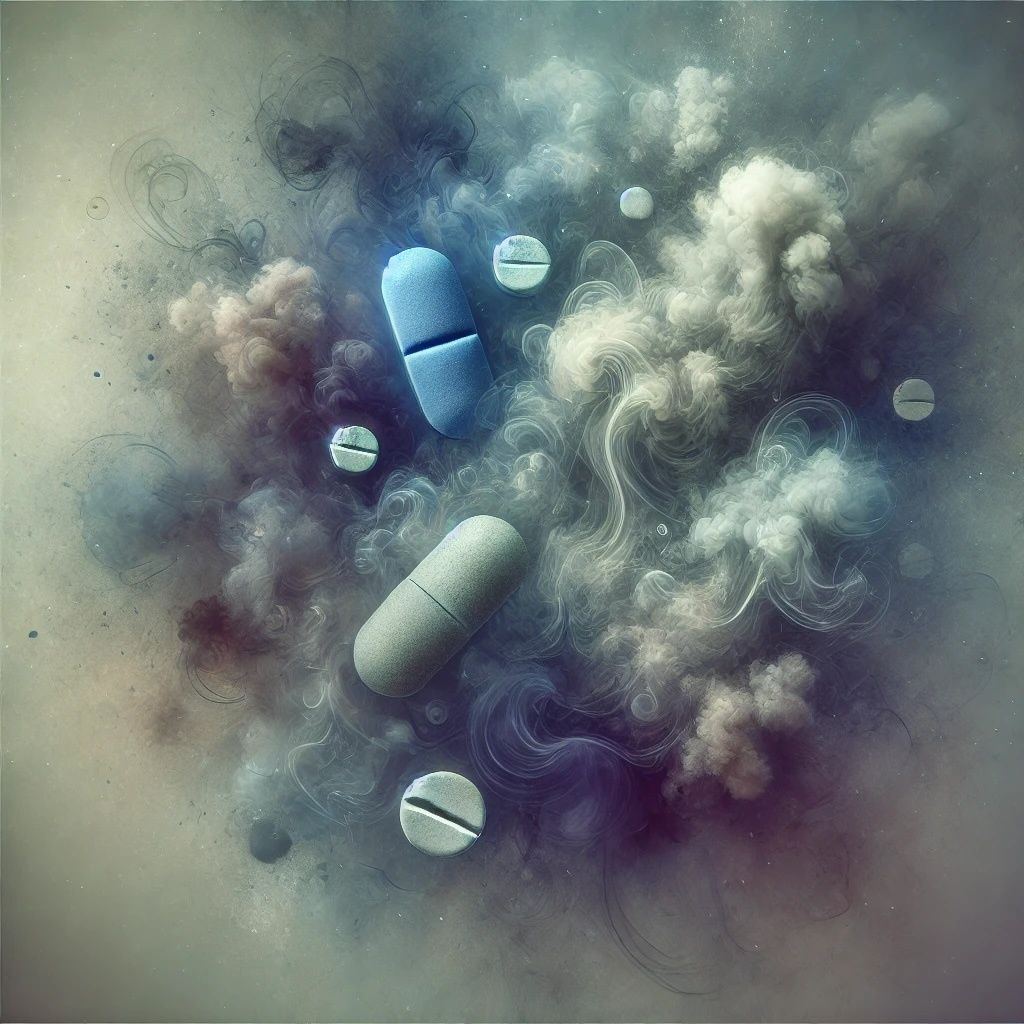
You might have heard about a celebrity's death from a drug overdose in the news, or perhaps the loss of someone closer to you – a friend or loved one.
While drug overdose can be a factor in a death, you might not know the actual cause of death is often sudden cardiac arrest, triggered by an overdose.
As National Sudden Cardiac Arrest Awareness Month for 2024 ends, let’s explore the topic further and clarify the connection between overdose, cardiac arrest, and death.
Sudden Cardiac Arrest (SCA) and Coronary Heart Disease is the number one cause of death in the U.S, and in 2020 alone claimed 436,852 lives. SCA occurs when the electrical system that regulates a person’s heartbeat stops working properly. Blood stops flowing to the brain and other vital organs. Without quick intervention, death is almost a certainty.
The heart: it’s electric
A normally beating hearts starts with an electrical impulse that enables well-coordinated contractions of the heart muscle.
Your heart needs a continuous supply of oxygen-rich blood to beat properly. If oxygen is reduced, an irregular heartbeat, called an arrhythmia, can occur. The electrical system regulating the heart stops working properly. All arrhythmias aren’t life-threatening, but some are.
The danger of drugs and the heart
Certain drugs, such as opioids and sedatives, can slow breathing, lowering the amount of oxygen in the bloodstream. The lack of oxygen can stress the heart and trigger cardiac arrest. While the drug triggers the cardiac arrest, it’s the cardiac arrest that causes death. In some cases, death might be due to damage caused to the brain by a lack of oxygen.
Fast-acting medications such as naloxone, also known as Narcan, can reverse the effects of opioids on the respiratory system. The drug is widely available to the public in nasal spray form and has emerged as a key tool in the fight in against opioid-related deaths. Emergency responders carry naloxone and are trained to use it.
Other drugs, such as cocaine and methamphetamines, affect the heart differently, but can trigger cardiac arrest too. These drugs act as stimulants that throw off the balance of essential minerals in the blood, called electrolytes. Sodium, potassium, calcium, and magnesium are examples of electrolytes.
These minerals, which dissolve in the blood, are critical to several bodily functions, including heart muscle contraction. An electrolyte imbalance can disrupt the heart’s ability to conduct the electrical signals it needs to beat properly.
Drugs that act as stimulants can also increase heart rate and blood pressure, potentially leading to cardiac arrest.
Understanding the role of drugs in cardiac arrest and death
The next time you hear the sad news of someone dying from a drug overdose, remember that while the drugs played a role, other factors, including cardiac arrest, played a role too.
At Starting Hearts, we can provide you with specific training that can make a life-saving difference. Contact us for more information: info@startinghearts.org.
Patrick Golden is a healthcare writer based in Massachusetts.
